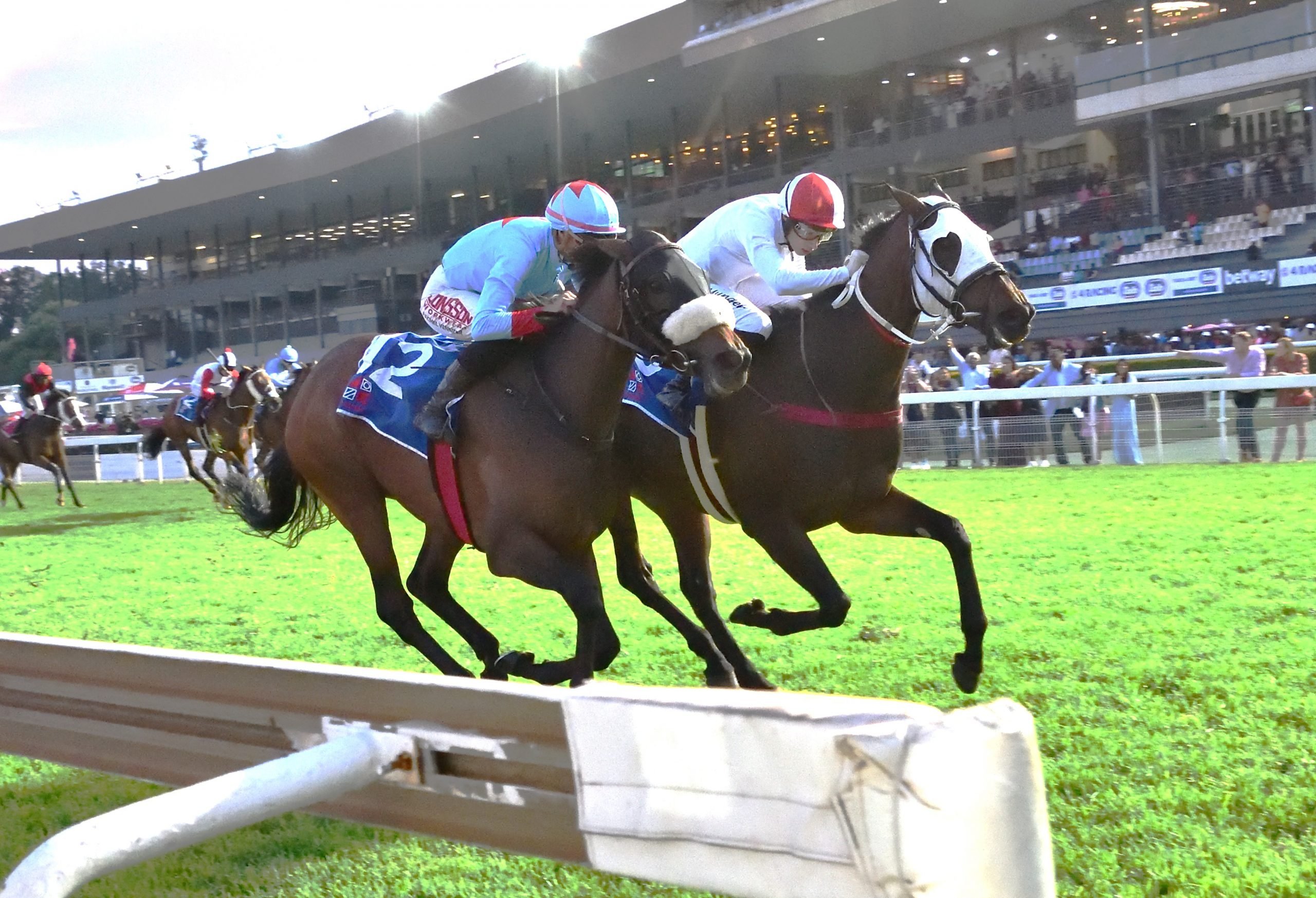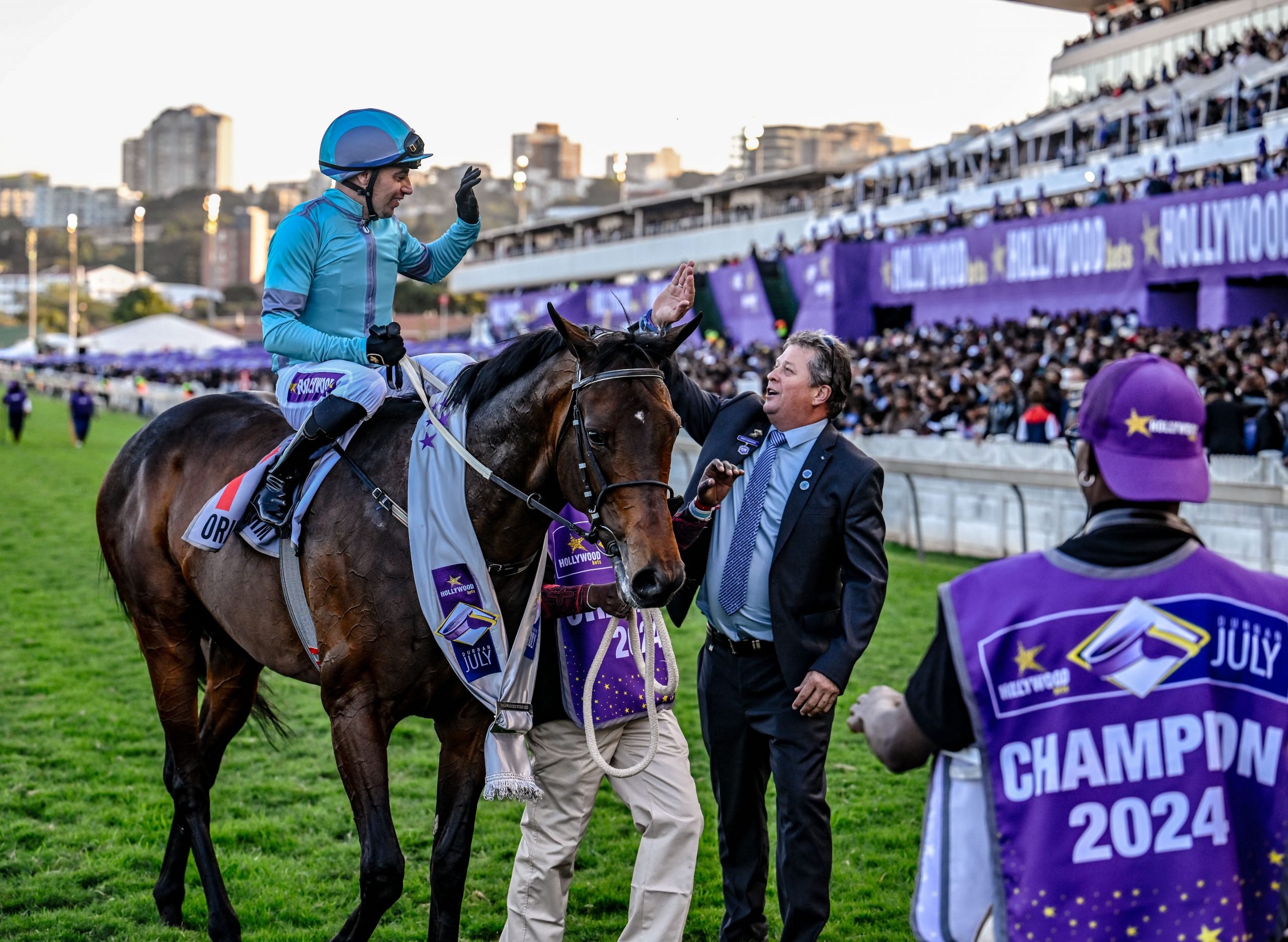The 8th March press release from the NRB left the Cape racing fraternity reeling – ‘Please be advised that due to a paucity of declarations for Durbanville for Wednesday, 14 March 2012, this racemeeting has been cancelled, and replaced by an additional Greyville day meeting.’
As we all know, cancelling race meetings is absolute anathema, so I did a bit of digging to try and find out more. And the more people I spoke to, the less clarity I had.
.
What The Operators Say
The ever efficient and friendly Patrick Davis was first in my ‘firing line’. When I asked why the operators opted to cancel the meeting, he explained that there were simply too few declarations to make the meeting viable. While many will be quick to point out that small fields don’t necessarily mean uncompetitive racing, it has been patently obvious that some trainers are more willing to run horses than others and it has implications on turnover when there are couplings on the Tote.
My second question was why had the Operators not anticipated the problem and taken remedial action earlier. Patrick tells me that the entries looked very healthy at nomination stage and with the Western Cape now having to pay nomination and declaration fees, it was assumed that the nominations received were indications of serious intent But when it came to declarations, they were left with 50 acceptances. And this was AFTER extending the deadline and begging trainers to run their horses. When Phumelela started taking over the reins in February, they held a trainers’ meeting before the races at Durbanville on the 1st and a lunch the following day for other leading trainers. While there was some disappointment at the turn out, a lot of trainers reported the meeting being poorly communicated. But either way. It was a general introductory meeting as well as an appeal to trainers to support the mid-week fixtures at Durbanville. There was also a follow-up written notice from Patrick Davis. Phumelela have obligations to the International schedule and have a commitment to offer mid-week racing. Trainers were informed in no uncertain terms that poor support would risk lost meetings, so as Patrick says, it has not been a bolt from the blue.
‘It is not something we wanted to do, but at the same time we have a business to run and we simply cannot hold a meeting that is not viable’. With Durban having recently lost 2 meetings, it seemed logical to offer them the opportunity and fortunately the KZN really came to the party. At very short notice they’ve pulled together a very healthy card and Patrick said they would like to thank Gold Circle KZN and owners and trainers in the region for stepping in so quickly to close the gap in the racing calendar.
He was at pains to impress the fact that the stakes for the meeting were not lost and would be put back in the pot to be used at a later date.
I asked what plans were in place to avoid this sort of situation in future. With Phumelela only having taken the reins as of the 1st of February, there are still a lot of logistical matters to get to grips with. Historically, the tail end of the season is always quiet and for a variety of reasons. The weather is a factor. It is the end of the summer and the tracks are at their hardest and driest. However, we only have 2 tracks and a rotation is necessary in order to ensure that we have anything to run on at all.
The fixture list is certainly a factor – with a relatively wide choice, trainers can cherry-pick races for their horses. Durbanville is infamously tricky for punters and trainers alike and we all know that the draw bias plays a big role. A system of draws after acceptances was trialled and seemed to mitigate the problem somewhat, but with the recent return to draws before acceptances, the field sizes have shrunk again. Patrick accepts that there are logistical issues particular to the Western Cape and that the fixture list will be fine-tuned for 2013.
.
The View from the Trainers
If nearly 200 horses were nominated, why did nobody opt to run ? This is particularly curious given that the 17 March Kenilworth fixture has healthy numbers. I spoke to a number of trainers and the reasons covered a wide spectrum.
It is a fact that the runs per horse ratio has dropped from 8 runs per horse per annum to around 6.9 runs per horse per annum in the Western Cape. Again, there are a variety of reasons for this – programming certainly plays a part and it is felt that the current programme does not cater adequately to the local horse population. The current programme is scheduled 5 months in advance, and there have been suggestions to amend this to make the programme a little more flexible and to work around the horses that are actually in the yards, rather than off historical information.
There are serious concerns about the state of the training facilities. I have personally had numerous comments that the sand tracks are in need of attention and that the horses are often going right through to the base in places. The availability and quality of grass gallops is also an issue.
It is traditionally a quiet period in the Cape with some horses resting after the Cape Summer Season, or getting ready to follow the season to KZN or Gauteng.
There are obviously some internal issues as well, with one trainer commenting that ‘trainers are just full of sh*t’. Another feels that the lack of entries is unconscionable and makes no sense whatsoever. Surely, he says, a professional trainer’s job is to get a horse to peak condition and then run it. Not to wait for an appealing race to present itself and then decide to have a go.
There is clearly some acrimony with some quarters feeling that the bigger yards either stay away or that they are in a position to risk horses at the country course as they have plenty of horses to choose from.
It is a difficult point to argue with the likes of Variety Club, Run For It and Depardieu lining up for the Matchem there last October, however a quick review of the last few Durbanville meetings does not reflect a very true representation of our yards either. While some trainers seem to be more than pulling their weight, others are certainly not nominating representative numbers.
While one would think that fewer runners from the big yards would present the smaller trainers with some welcome opportunities. However, some trainers have reported horses pulling up shin sore and doing joints after running at that track. Based on that, it is understandable that people are reluctant to support the venue. No-one can afford for their horses to get injured.
There is a lot of pressure from above for the Cape to up its game, but at the same time, there is a feeling that the WC is swimming upstream as they have to make due with poor training facilities and precious little in the way of marketing and promotion. Another fair point. I don’t remember seeing much in the way of hype for the recent Sizzling Summer Season?
.
Jockeys
Small fields also impact our jockeys. It is challenging to get rides at the best of times, but smaller fields mean that the top jockeys get first choice and a lot of the younger guys are left kicking their heels.
.
Owners
Owners are obviously very unhappy about the state of affairs and I had several very animated conversations with local owners. A lost meeting means a lost run and potentially a lost opportunity to earn. Trainers, feed merchants, etc all get paid at the end of the month regardless of whether your horse gets a run or not. With escalating costs, a lost earning opportunity hits home pretty hard. With millions being spent on the recent yearling sales and the Nationals just around the corner, it is understandable that owners feel aggrieved. They are expected to shell out money on horses on the one hand and then face cancelled meetings on the other.
One apoplectic owner blamed the operators. ‘It’s utterly ridiculous ! We go through this time and time again and every time we have a new set of management, they feel the need to reinvent the wheel. We are lucky enough to have some very knowledgeable and experienced people from days gone by such as Peter Kannemeyer and Terrence Millard. They’ve seen all these problems before – why not ask them??’
Another felt the blame lay at the trainers’ doors. ‘The operators subsidise the boxes, training facilities and gallops. Trainers simply need to do their bit and run their horses, end of story !’
‘The game is archaic and not enough is done to promote the sport and attract new people.’
And round it goes.
What is patently obvious is that the problems are multi-faceted, the ship feels a bit rudderless, there are a thousand different thoughts and opinions out there, and the general feeling is that none of it is being heard There is a clear need for through, representative and effective communication. There is a need for strong leadership.
Can Phumelela provide it ? With everything currently on hold until the Competition Commission rules on the merger, things are likely to stay in flux for a while longer, but I am encouraged by the very frank and open discussions I have had with Patrick Davis to date. Our local WC Chapter Chairman, Vidrik Thurling has also taken great pains to divulge information where he can and promise to provide feedback at a later date on things that he cannot.
.
Some Good News
And there is some good news. There are several initiatives in the pipeline including a new liaison committee which will represent all stake holders – from the jockeys to the trainers to the owners to the Stipes. Our Chapter Chairman tells me that this will meet on a very regular basis and will be attended by Phumelela, the NHA, etc and provide an opportunity for people to air their views. There are changes in store for the WPOTA and Rodney Dunn tells me that there is a forthcoming meeting to tell members more. I for one am all in favour of more transparency and improved communication and participation from across the board can only be a good thing.
.
The Bottom Line
However, the bottom line is that the Operators can stand on their heads until they are blue in the face. Without ACTIVE participation from everyone in the industry, the best initiatives can only fall flat.
We face uncertain and challenging times and the remedy is bound to be tough and possibly even unpalatable for some. There will be changes. However, this is our opportunity to make a difference. Get involved. Ask, challenge, volunteer, support, PARTICIPATE.
After all, the Lord helps those that help themselves.








